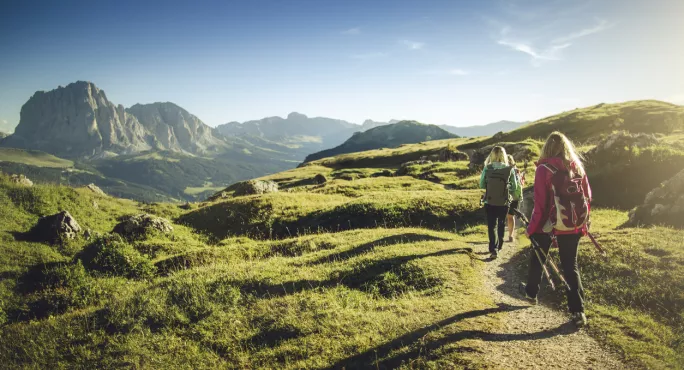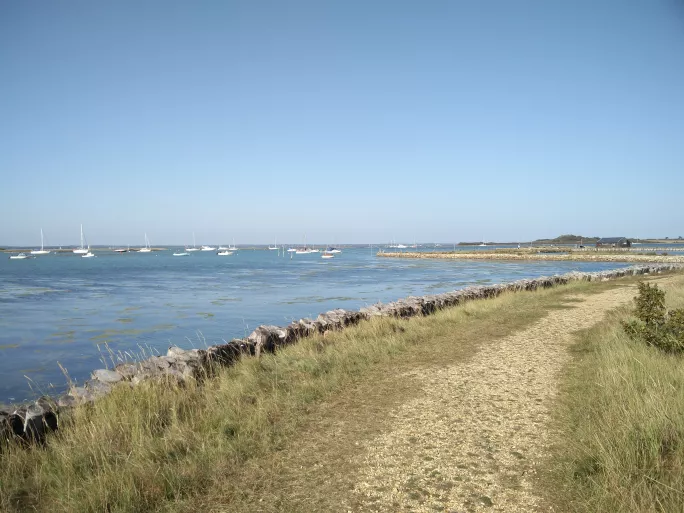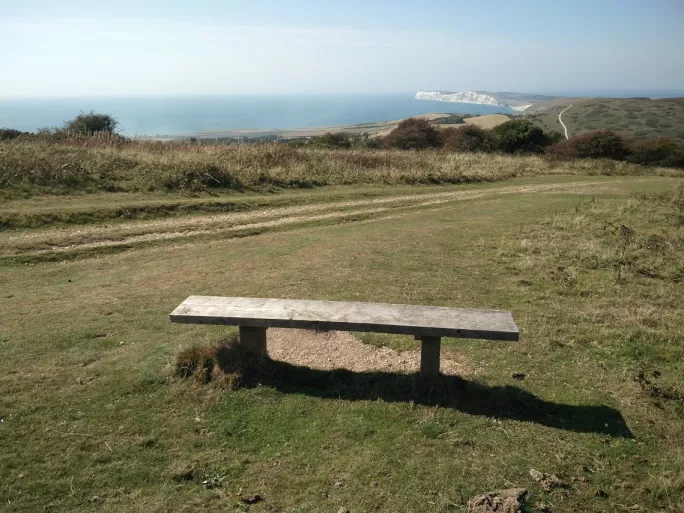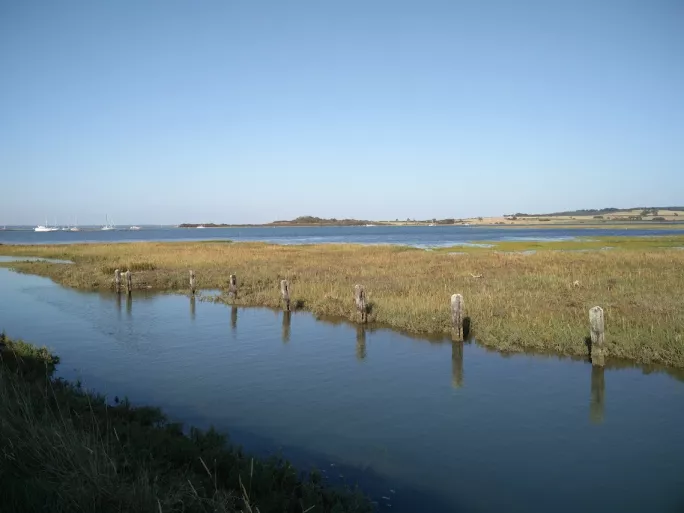- Home
- Eight reasons why teachers should get out more
Eight reasons why teachers should get out more

An independent review of the running of England’s National Parks and Areas of Outstanding Natural Beauty was published on Saturday. One of its key recommendations is that every school pupil should be given the opportunity to spend a night “under the stars” in these special landscapes, to help more children to connect with nature.
It’s Labour Party conference time. Ofsted’s new framework is now being implemented. Radical plans are being hatched to abolish private education and free schools. And who knows what measures for further academisation the Conservatives will unfold at their party conference?
Aired views and airy views
Having spent the whole of my Saturday in the sunshine in a series of beautiful landscapes, it occurred to me that, while the great and the good are airing their views at the party political conferences, teachers might benefit more from airy views.
Here are eight compelling reasons why:
1. With deepening divisions in our political institutions and in public life, truth becomes ever more elusive. There’s plenty for the education and political media to work themselves into a frenzy over.
It’s tempting to play the cynic and consider how little will change for the better for the teacher in the classroom. But as we all know, it takes time to implement the bucket lists and even more time to undo the harm that previous “reforms” have caused.
So take time out now and enjoy your outdoor space. The consequences of the political wrangling will hit the classroom all too soon.
2. In the furore of all this undisguised electioneering, it’s easy to miss the things that matter. Last week Greta Thunberg’s strikes against climate change took place.
Protecting the environment is a large, diffuse aim, but a worthy one. But do we all know what exactly we are saving? Take time now to enjoy the beauty of the world around you.

3. Reconnect with our agricultural past - after all, as we are constantly reminded, the school year is based on the farming calendar.
A few years ago, I was privileged to be present to hear Sir Michael Morpurgo read his stories to an adoring audience of primary children. His fee went to the charity he has been running for many years, Farms for City Children, which had been in existence since 1976 because he and his wife realised the importance of re-establishing our contact with our rural roots.
4. I wonder whether a day experiencing the scenic beauty in our own locations, with or without family in tow, would be better for pupils and teachers alike.
I’m not sure how practical the aim of getting each child to spend a night under the stars really is. And I certainly wouldn’t like to be the one completing all the risk assessments involved.
Certainly, if we looked locally, the footfall in Areas of Outstanding Natural Beauty would increase substantially.
5. Long working days prevent us from switching off in the evenings, and it’s all too tempting to let work seep into the weekend. Teachers are too good at over-thinking, over-preparing and overworking.
If you are out in the open air, it’s so much harder to get on the iPhone and answer work calls, because the screen is so hard to read. So replace all that blue-light technology with the light of natural sunshine. Research shows you’re likely to sleep better, too.
6. If you really have to justify the time off to the invisible critic inside your head, you can always take a few photos to use as resources for imaginative and descriptive writing.
For anyone teaching Wordsworth, a few pics of benches can help illustrate Wordsworth’s Lyrical Ballads. I’m considering using this one for just that purpose:

7. The emotional benefits can increase wellbeing and resilience at work. Time just to “stand and stare” means a state of being rather than doing. And looking into the distance gives you the chance to put things into perspective.
8. Most of all, the views themselves are well worth taking the time off to appreciate. There is something about the quality of light in these photos taken when the sunlight hits the water that just seems to illuminate life in general.

So, with all kinds of chaos going on around us, with the problems of workload still unresolved and the fate of almost every part of the education system up for debate, taking time out is probably the most life-affirming path to follow.
After all, knowing how slowly the wheels of progress turn, it won’t be time wasted. The debates will still be there tomorrow.
Yvonne Williams is a head of English and drama in a school in the South of England
Keep reading for just £1 per month
You've reached your limit of free articles this month. Subscribe for £1 per month for three months and get:
- Unlimited access to all Tes magazine content
- Exclusive subscriber-only stories
- Award-winning email newsletters



